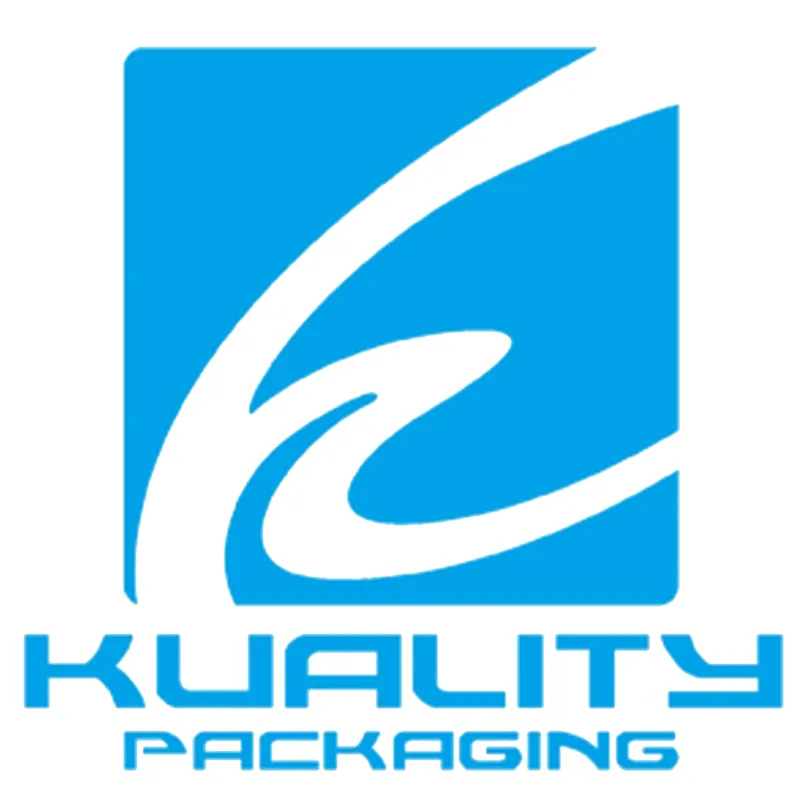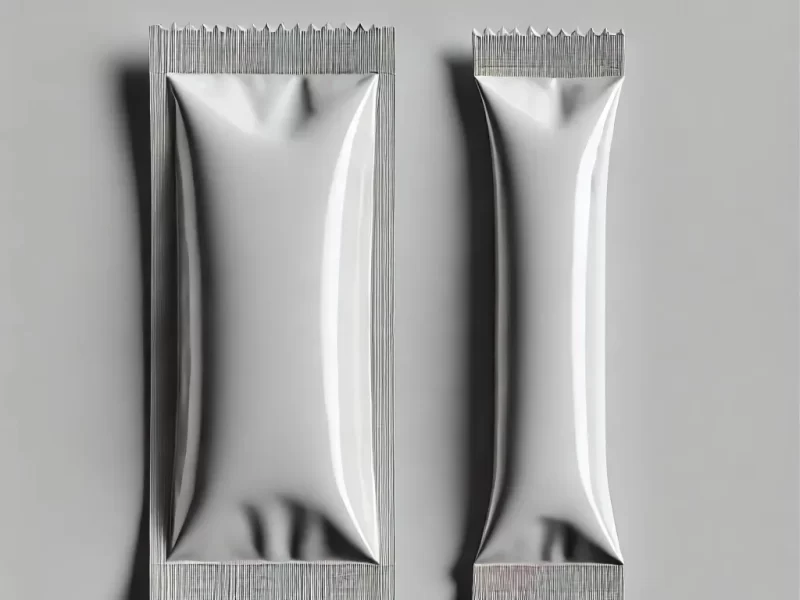
As life becomes faster, so does the consumer economy, which pays increasing attention to convenience. In addition, 유연한 패키징 is not an exception, and modern packaging needs more: it must be easily carried, have a personalized design, and be pleasing to the eye.
That is why different bag varieties have emerged, answering all these consumer needs. Sachet packaging and stick packaging are two important solutions representing small-volume goods widely used in food, pharmaceuticals, and personal care, and are well recognized by consumers.
이 문서에서 후이양 포장 will compare and contrast the differences between sachet and stick packaging so you can decide which is best for your life choices.
Design Feature Comparison
Sachet Packaging Design
The sachet packaging is usually in a rectangle or square type, which can also be called a three-sided sealed small bag, four-sided sealed bag, or back-sealed bag. It’s easy to stack or store in such a shape, and it’s also convenient for shelf display. Material selection shall depend on the content whether it needs to be moisture-proof, light-proof, or aromatic. Common materials include PE, PP, PET, and aluminum foil.
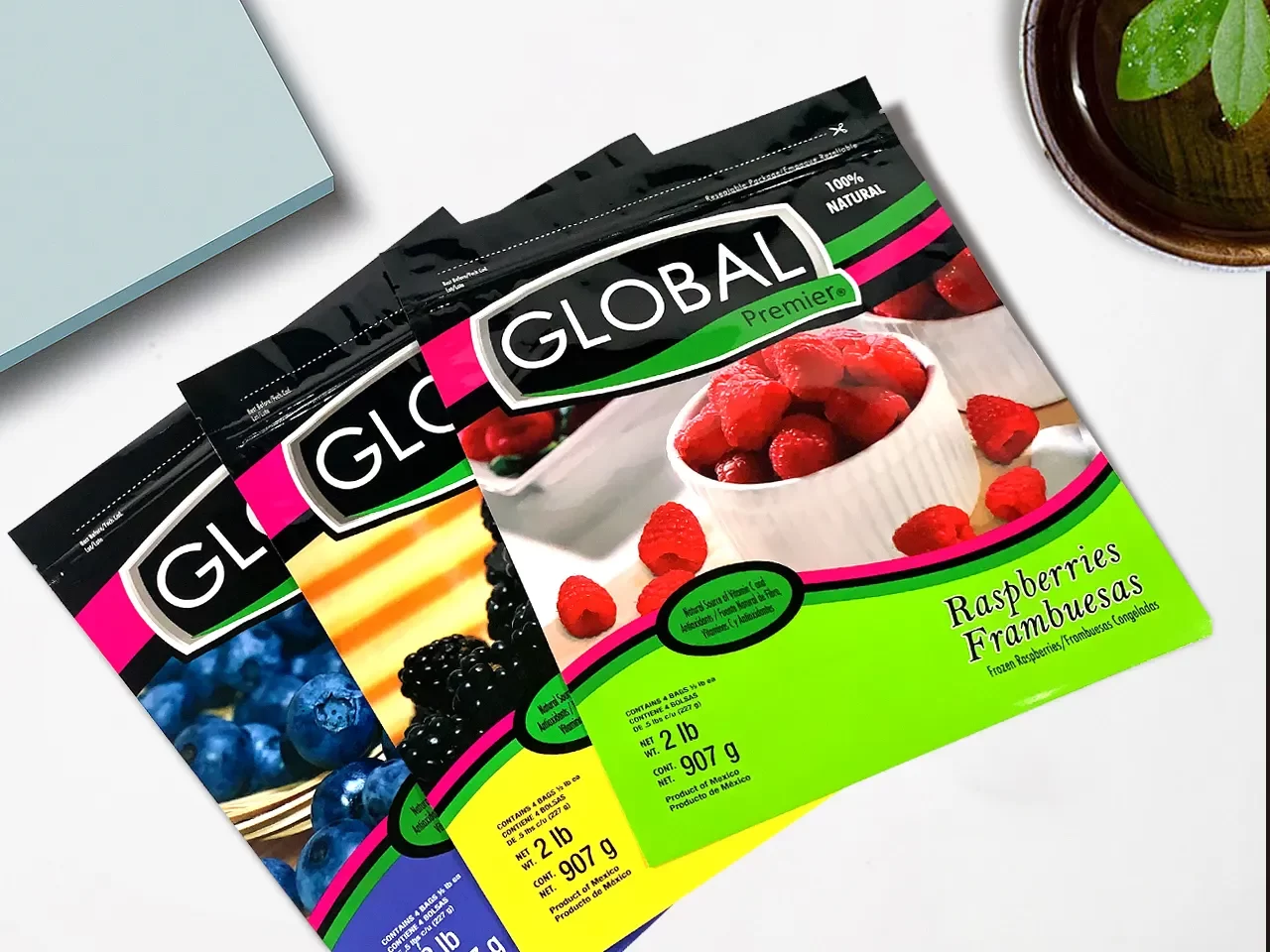
Most sachet packages are of the easy-tear design to make it much easier for consumers to reach the inside of the content. Some have integrated easy tear lines or films. Even more costly sachets use laser perforation technology, creating minute-sized holes for opening, improving users’ experience.
Modern sachets also allow for custom design whereby the transparent body of a sachet allows for clear prints of product information and custom brand logos among other custom accessories. This not only appeals to the senses but also creates a corporate image, which again will be in tandem with the observance of the relevant laws and regulations.
Though designed for single use, sachets may also have other features such as zippers for resealing, and anti-counterfeiting marks to ensure their authenticity.
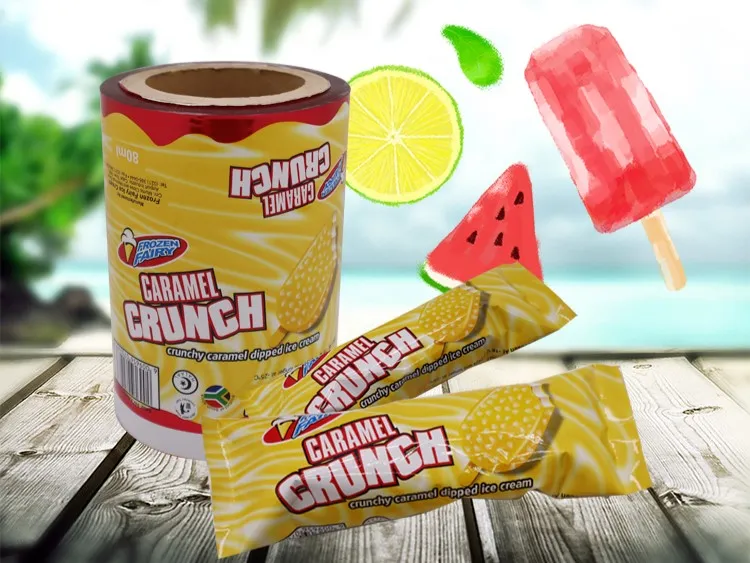
Stick Packaging Design
Stick packaging usually comes in a slim cylinder or flat shape, trying to save space as much as possible. Since most liquid and semi-fluid products are packaged by sticks, the material used emphasizes the properties of resisting pressure and sealing. The current common materials include PE, PP, and aluminum foil to enhance the barrier property.
Stick packs are generally applied up to 5-30ml in volume, while sachets are the ideal flexible packaging format for small-measure products requiring an accurate dose, such as nutritional supplements and concentrates. It allows for internal space optimization according to the capacity of the content.
Most of the stick packs have tear openings at the top or suction nozzle designs to make the opening easy. In some of the high-value products, straws or other accessories are also provided for the convenience of customers. In powder variants, there may be a small spoon or stirring stick to prepare it then and there.
The packaging of sticks can be done based on the nature of the product and thereby the branding customization varies with the requirements.
The growing awareness of environmental protection raises consumers’ interest in choosing eco-friendly, food-grade materials that aim at low carbon by reducing packaging thickness and improving recyclability.
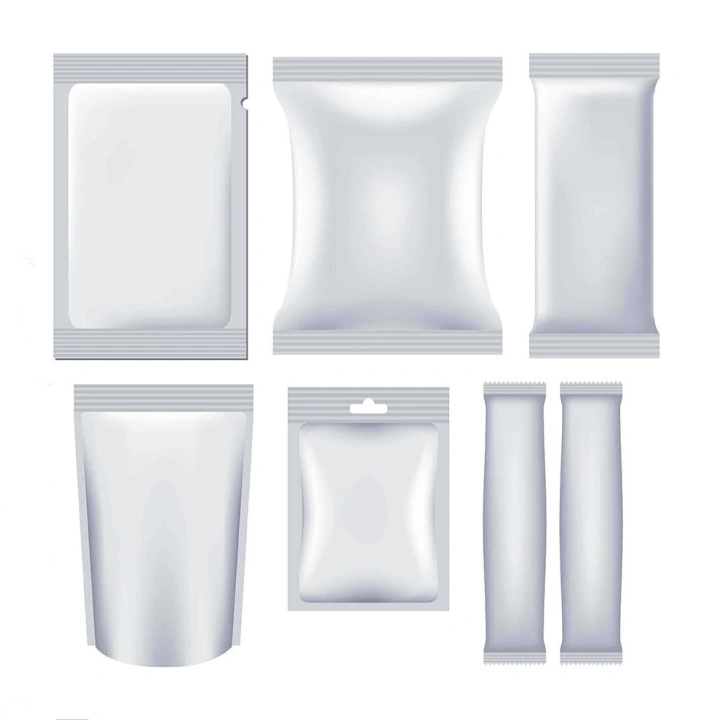
Whether sachet or stick packaging, the ultimate goal is to satisfy consumer needs by providing added value through customization services that enhance the experience and drive purchase intent. Each form of packaging has its relative merits and application scenarios, and the selected type of packaging is determined by market demand and the development strategy of the company.
Application Scenarios of Sachet vs Stick Pack Packaging
식품 산업
Sachet packaging is much in use for condiments and snacks. However, this stick packaging is applied to liquids such as concentrates for functional beverages and nutritional supplement products.
Medical and Health Fields
Over-the-counter solid forms of medication are normally distributed in sachet packaging while stick packaging is much in use for oral liquids and drops
Personal Care Market
Both forms of packaging are small in size and light in weight, hence very convenient to carry. This makes them an ideal type of packaging for trial packs or traveling kits of cosmetics.
Market Advantage Analysis
Cost-Effective: This flexible packaging of sachets and stick packs at the time of production and transportation will save the cost of consumption of the raw material compared to traditional bottle packaging.
환경 보호: Waste generation can be minimized if biodegradable and recyclable materials are chosen.
Building Brand Image: Unique and innovative packaging will promote brand recognition.
Packaging can be distributed through gifts, samples, or special designs to attract potential markets.
결론
At present, sachet and stick packaging are simultaneously used in the market. Therefore, with this increasing demand, an enterprise and its R&D department must meet the consumers’ needs much better while assuming certain social responsibilities of environmental protection, striving for a balance between economic and social benefits, and promoting the healthy development of society.
If you have questions about what’s right for your packaging business of choice, just ask to learn more about our sachet and stick packaging solutions!
